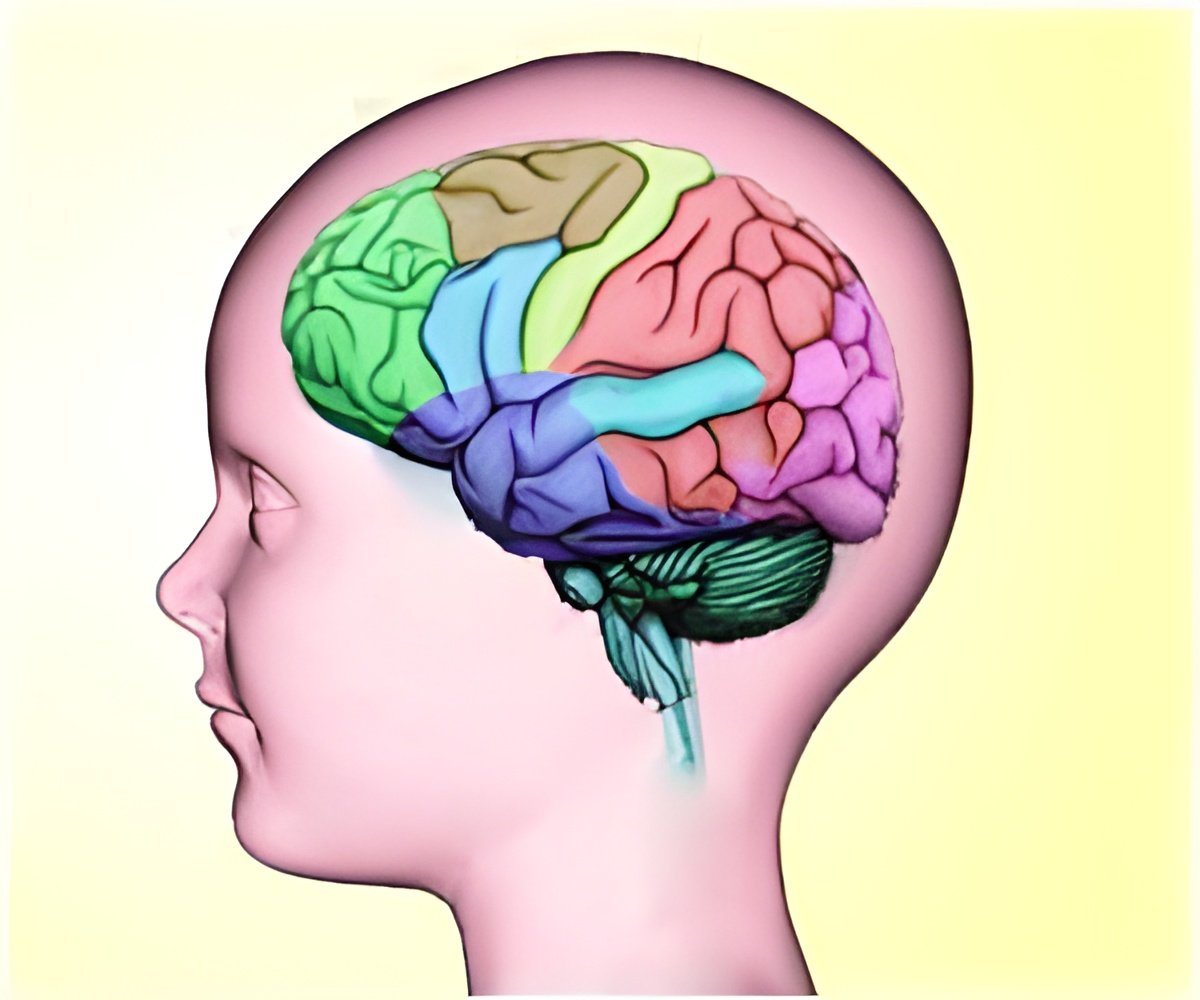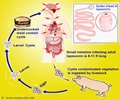Researchers led by Curt LaFrance Jr from Brown University have found that the number of seizures in patients with psychogenic nonepileptic seizures can be significantly reduced.

This is the first multi-site, multiple-modality, pilot randomized controlled trial for PNES. Researchers measured the effects of four treatment modalities: Medication only (sertraline); cognitive behavior therapy-informed psychotherapy (CBT-ip) only; CBT-ip plus medication (sertraline); or standard medical care/treatment as usual. Outcome measures included seizure frequency as the primary measure; and psychosocial and functioning measures, including psychiatric symptoms, social interactions, quality of life and global functioning, as secondary measures.
Results indicate that patients who received CBT-ip only experienced 51 percent fewer seizures and a significant improvement in the majority of the secondary measures including depression and anxiety. The combined CBT-ip and medication group showed a 59 percent reduction in seizures and significant improvement in some secondary measures. The medication-only group showed only a slight improvement in seizures; and the standard medical care/treatment as usual group did not show any significant improvement in primary or secondary measures.
"Too often patients are simply prescribed medications, without getting the much needed psychotherapy," LaFrance said. "In fact, many patients are misdiagnosed, and therefore are prescribed antiepileptic drugs, which can make PNES worse. But we found that this therapy alone can greatly reduce anxiety, depression and seizures – much more so than medication alone, or standard medical care (SMC). This therapy is unique in that it takes the best methods from a few major psychotherapies and focuses on the common issues found in patients with seizures. This study shows that what is currently being done for PNES (SMC or supportive therapy) is not enough. We have to change the way we treat PNES, and now we have a method and a workbook that patients and therapists can use to do so."
He continued, "More research is needed to understand conversion disorders, but this is an important major step to providing more appropriate and effective treatments for PNES."
This research was funded by grants from the American Epilepsy Society (Infrastructure Grant) and the Epilepsy Foundation (122982). LaFrance's principal affiliation is Rhode Island Hospital, and he also is a staff physician at the Providence Veterans Medical Center, is the clinical lead for the VA's Tele-NES program and holds an academic appointment in the departments of psychiatry and neurology at The Warren Alpert Medical School of Brown University. Other Lifespan researchers involved in the study are Grayson L. Bair; Andrew S Blum, M.D., Ph.D.; Anne Frank Webb; Gabor I. Keitner, M.D.; Jason T. Machan, Ph.D.; and Ivan Miller, Ph.D. Other researchers include John J. Barry, M.D., department of psychiatry at Stanford University School of Medicine; and Jerzy P. Szaflarski, M.D., Ph.D. of the department of neurology at the University of Cincinnati Academic Health Center, Ohio (now at the University of Alabama at Birmingham).
Advertisement
Source-Eurekalert














